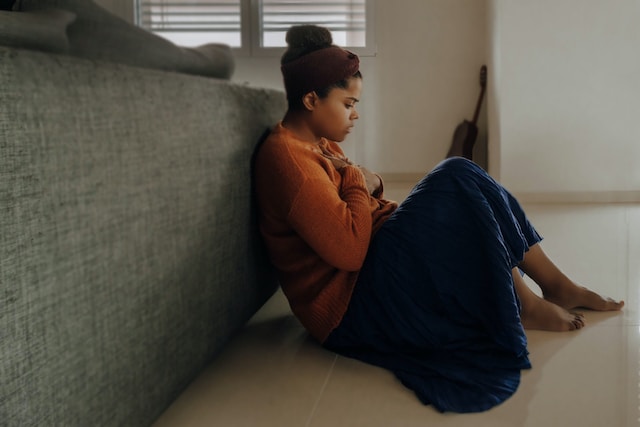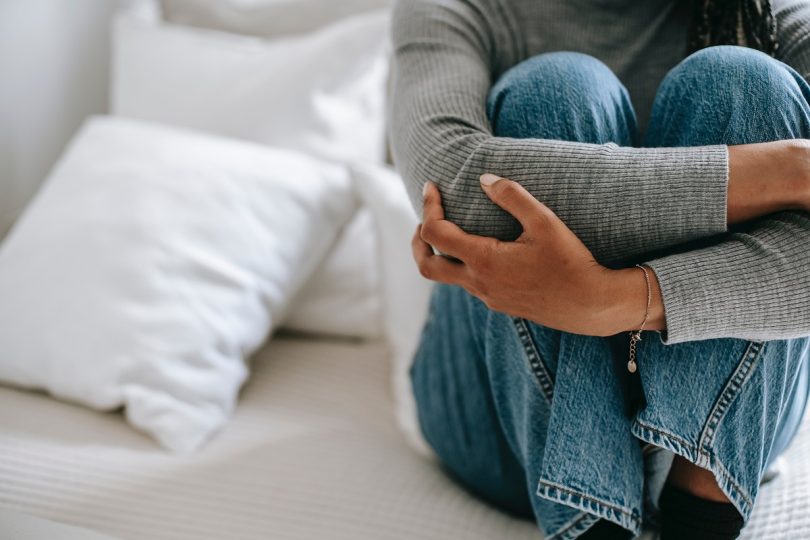How To Make Friends When You Have Social Anxiety

A Journey of Fear: How Social Anxiety Develops
Story: Once upon a time, there lived a young human named Khanif. Khanif was bright and kind-hearted, but they had a secret they could not control – they blushed easily. As innocent as this might seem, it became a source of torment for them. Khanif´s constant blushing led to relentless bullying at school and at home. They felt exposed and different from their peers. This negative attention made them feel deficient and shameful, and gradually, they began to avoid social interactions at all costs. They would overthink events before they happened to reduce the risk of shame and embarrassment and overthink the events afterwards obsessively analysing their actions and how others might have perceived them. This response developed as a defence mechanism, but with time a harsh inner critic ruled their mind. They found solace in keeping quiet and staying in the shadows, hoping to escape the scrutiny of others. This meant an avoidance of new experiences.

The seeds of social anxiety can be planted by negative experiences in childhood, whether it’s relentless bullying due to factors like blushing, having an unusual name, or a distinctive physical trait. Many other factors can cause these negative experiences such as socioeconomic situation, race, disease and more. For many, these early stressors leave lasting scars. Many of us remember hurtful nicknames in school, born from cruelty, that continue to sting even in adulthood.
But it’s not just external factors. Demanding parents or authoritative figures who criticise under the guise of moulding us into better individuals can also contribute to this emotional baggage. Regardless of the specific causes, one common thread emerges – children who face relentless criticism can internalise the belief that social interactions are inherently threatening.
These childhood wounds, left unaddressed, can persist into adulthood, shaping how individuals perceive and navigate the world of social relationships. The echoes of those early experiences can reverberate throughout their lives; the shackles of social anxiety isolating us from human connection.
Social Anxiety and Maladaptive Strategies in Adulthood
Story continued: Years passed, and Khanif grew into an adult. Their desire for connection remained strong, but their past experiences haunted them. Their attempts at forming lasting relationships always seemed to fail. Over time, they began to believe that they were fundamentally unworthy of love and acceptance. At its core, this unworthiness included both self-love and believing that others can love them as they are instead of how they thought others perceive them or how society deems them to be worthy. To gain some degree of acceptance, Khanif buried themselves in work. They spent countless hours alone, with minimal contact with others outside of work. They became a workaholic, finding solace in the world of academia. Their dedication brought recognition from family and colleagues, something they had longed for during their troubled childhood. Yet, deep down inside, they did not believe themselves worthy outside of work, and they sank into a depression, until one fateful day, they hit a breaking point – burned out!
Social anxiety often leads to maladaptive strategies in adulthood. People like Khanif may develop any or a combination of the following, or more:
- Avoidance and isolation
- Overthinking and rumination
- Perfectionism
- Addictions (both socially accepted like work and/or substance, internet etc)
- Negative self-talk (harsh inner critic as the main motivation strategy)
- Limited self-expression
- Dependency on reassurance
- Depression

Social anxiety impacts an individual’s ability to form and maintain friendships. The fear of negative evaluation or judgment often leads to avoidance of social interactions, making it difficult to create new relationships and sustain existing ones. Furthermore, individuals with social anxiety often perceive their friendships as lower quality than they actually are, which can lead to distancing and further deterioration of these relationships.



